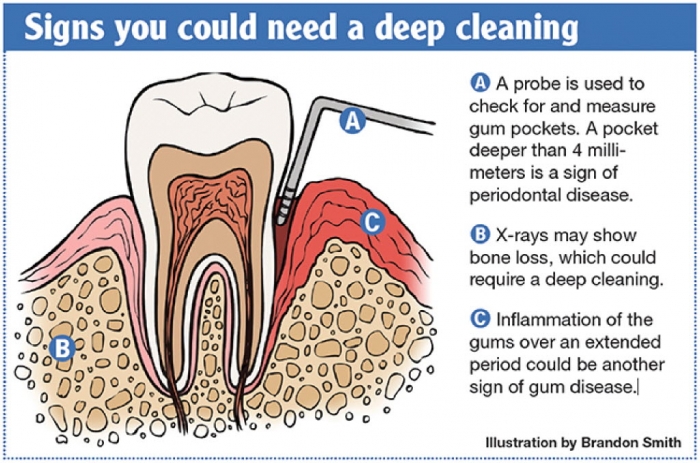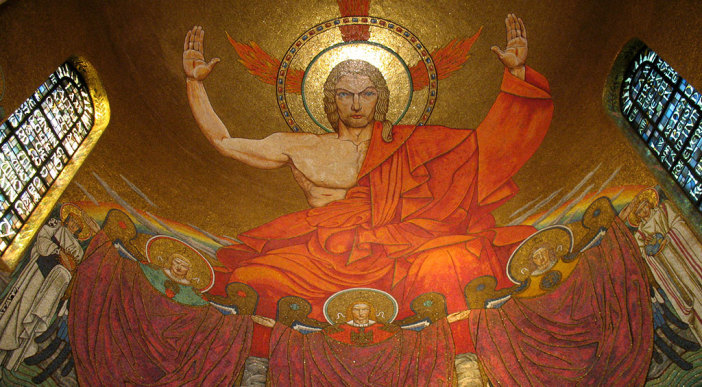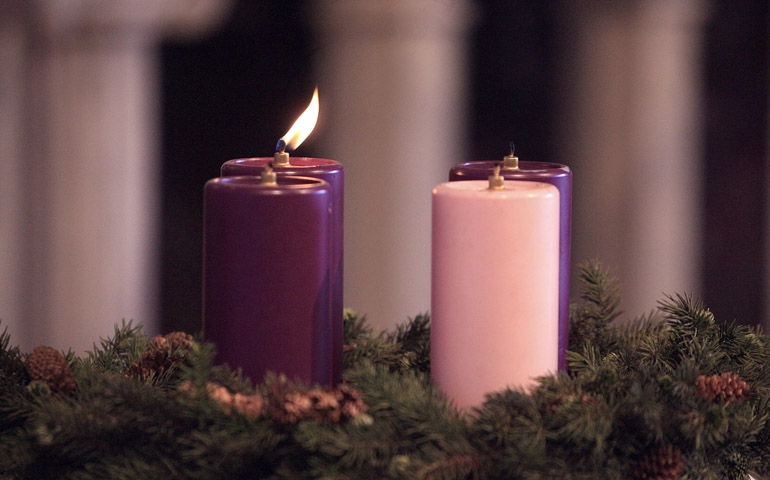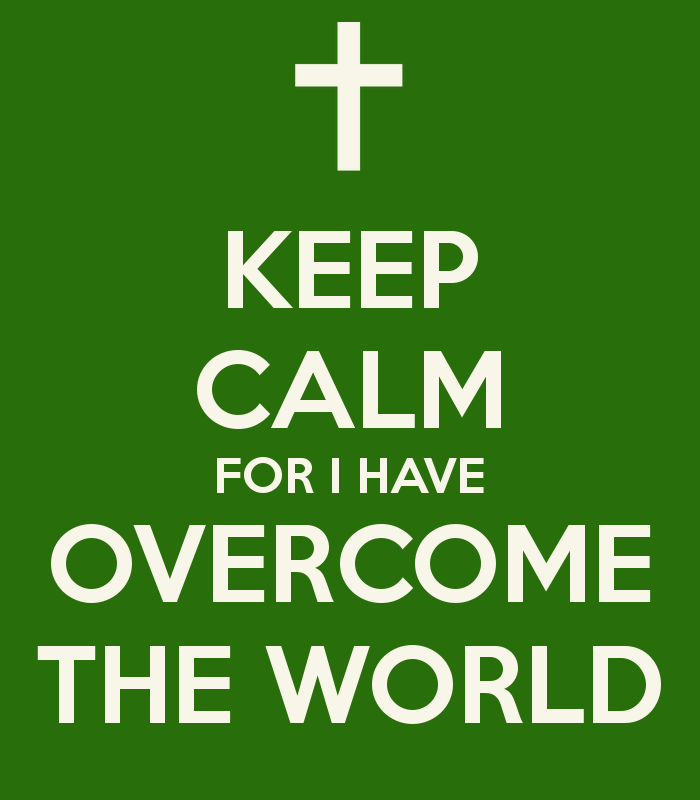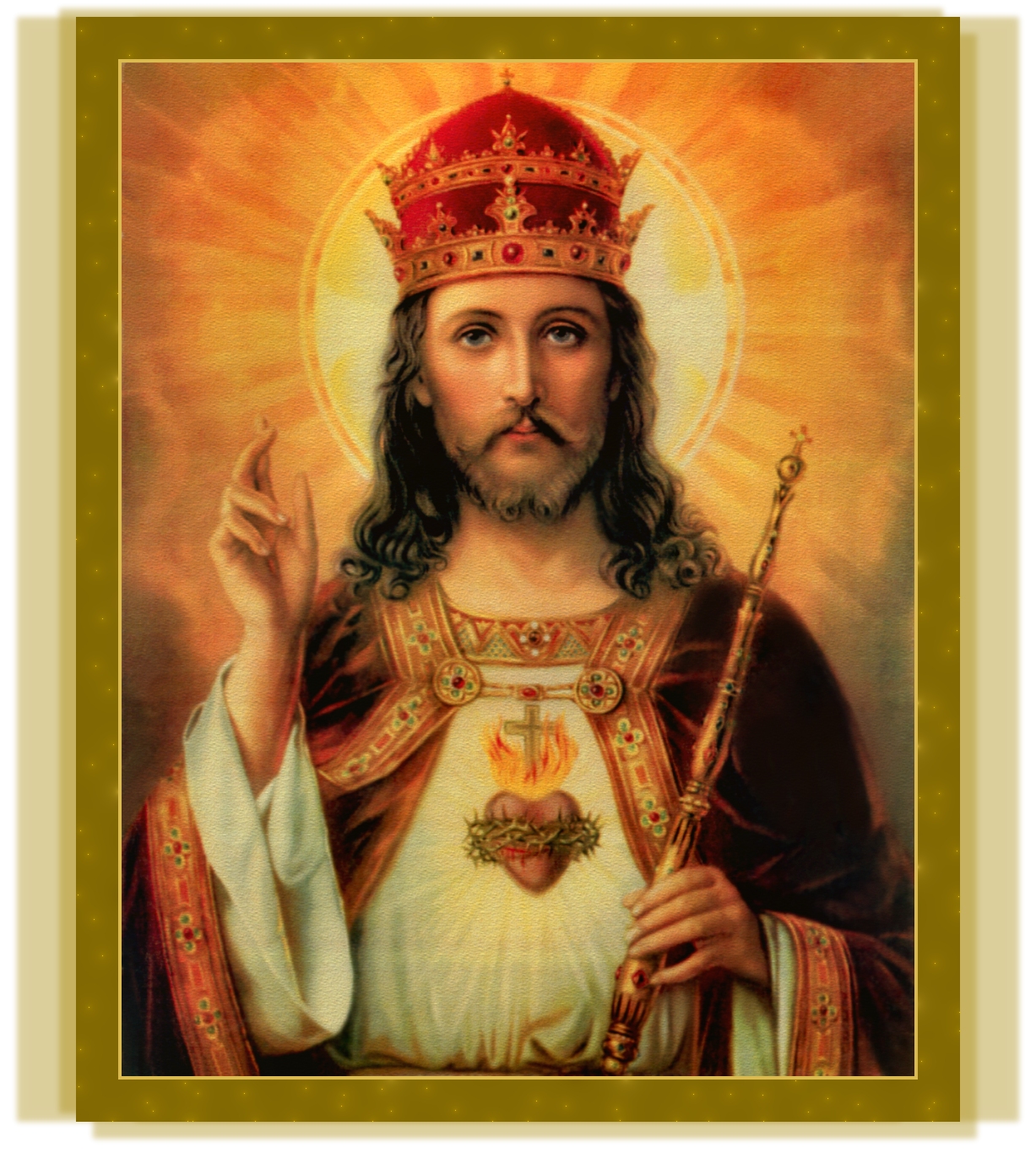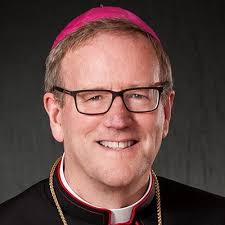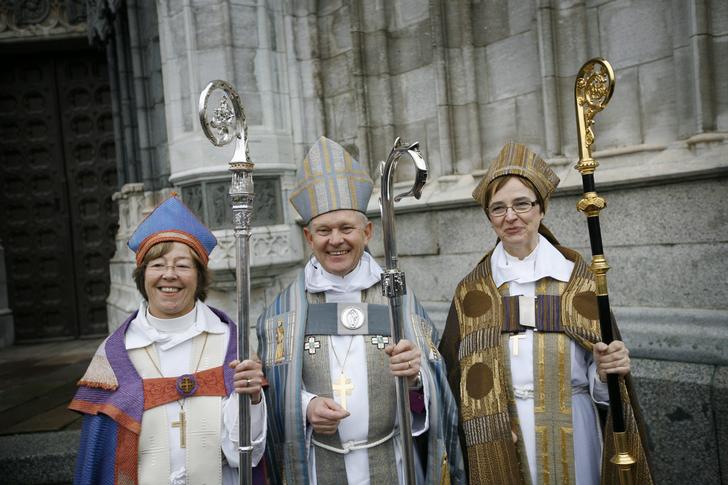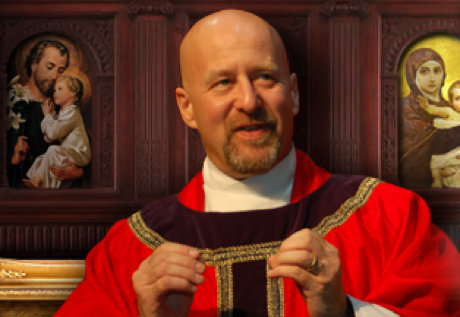“The name of this great annual commemoration is sufficiently familiar to us; its meaning may not be so well known.
When the unhappy children of Eve had abandoned the pursuit of things true and salutary, they gave themselves up to the search for those that are fleeting and perishable.
To whom shall we liken the men of this generation, or to what shall we compare them, seeing they are unable to tear themselves from earthly and carnal consolations, or disentangle their minds from such trammels? They resemble the shipwrecked who are in danger of being overwhelmed by the waters, and who may be seen catching eagerly at whatever they first grasp, how frail soever it may be. And if anyone strive to rescue them, they are wont to seize and drag him down with them, so that not infrequently the rescuer is involved with them in one common destruction. Thus the children of the world perish miserably while following after transitory things and neglecting those which are solid and enduring, cleaving to which, they might save their souls. Of truth, not of vanity, it is said: “You shall know the truth, and the truth shall make you free” (John 8:32).
Do you, therefore, to whom as to little ones God has revealed things hidden from the wise and prudent, turn your thoughts with earnestness to those that are truly desirable, and diligently meditate on this coming of our Lord (cf Matthew 11:25). Consider:
1. Who He is that comes,
2. Whence He comes,
3. To whom He comes,
4. For what end He comes,
5. When He comes, and
6. In what manner He comes.
This is undoubtedly a most useful and praiseworthy curiosity, for the Church would not so devoutly celebrate the season of Advent if there were not some great mystery hidden therein.
Circumstance 1: Wherefore, in the first place, let us with the Apostle consider in astonishment and admiration how great He is Who comes.
According to the testimony of Gabriel, He is the Son of the Most High, and consequently a coequal with Him. Nor is it lawful to think that the Son of God is other than coequal with His Father. He is coequal in majesty; He is coequal in dignity. Who will deny that the sons of princes are princes, and the sons of kings kings?
But how is it that of the Three Persons Whom we believe, and confess, and adore in the Most High Trinity, it was not the Father, nor the Holy Ghost, but the Son that became Man? I imagine this was not without cause. But “who hath known the mind of the Lord? Or who hath been his counselor?” (Romans 11:34). Not without some most deep counsel of the Blessed Trinity was it decreed that the Son should become Incarnate. If we consider the cause of our exile, we may perchance be able to comprehend in some degree how fitting it was that our deliverance should be chiefly accomplished by the Son.
Lucifer, who rose brightly as the morning star, because he attempted to usurp a similitude with the Most High, and “it was thought robbery in him to equal himself with God,” an equality which was the Son’s by right, was cast down from heaven and ruined; for the Father was zealous for the glory of the Son, and seemed by this act to say: “Vengeance is mine, I will repay.” And instantly “I saw Satan as lightning falling from heaven” (Luke 10:18).
Dust and ashes, why art thou proud? If God spared not pride in His angels, how much less will He tolerate it in thee, innate corruption? Satan had committed no overt act, he had but consented to a thought of pride, yet in a moment, in the twinkling of an eye, he was irreparably rejected because, as the Evangelist says, “he stood not in the truth” (John 8:44). Fly pride, my brethren, I most earnestly beseech you. “Pride is the beginning of all sin” (Sirach 10:13) and how quickly did it darken and overshadow with eternal obscurity Lucifer, the most bright and beautiful of the heavenly spirits, and, from not only an angel, but the first of angels, transform him into a hideous devil! Wherefore, envying man’s happiness, he brought forth in him the evil which he had conceived in himself by persuading man that if he should eat of the forbidden tree he would become as God, having a knowledge of good and evil. Wretch! what dost thou promise, when thou knowest that the Son of God has the key of knowledge yea, and is Himself the “key of David, that shutteth and no man openeth” (cf Revelation 3:7) that “in Him are hidden all the treasures of the wisdom and knowledge of God?” (Colossians 2:3). Wouldst thou, then, wickedly steal them away to give them to men?
You see, my brethren, how true is the sentence of our Lord, “The devil is a liar and the father of lies” (John 8:44). He was a liar in saying, “I will be like unto the Most High” (Isaiah 14:14) and he was the father of lies when he breathed his spirit of falsity into man. “You will be as gods” (Genesis 3:5). And wilt thou, man, “seeing the thief, run with him?” (Psalm 50:18). You have heard, my brethren, what has been read this night from Isaiah. The Prophet says to the Lord, “Thy princes are faithless, companions of thieves” or, as another version has it, “disobedient companions of thieves” (Isaiah 1:23). In truth, Adam and Eve were disobedient companions of thieves, for, by the counsel of the serpent, or, rather, of the devil in the serpent, they tried to seize upon what belonged by birthright to the Son of God. Nor did the Father overlook the injury, for the Father loveth the Son. He immediately took revenge on that same man, and let His hand fall on us all, “for in Adam all have sinned” and in his sentence of condemnation we have shared.
What, then, did the Son do, seeing His Father so zealous for His glory, and for His sake sparing none of His creatures? “Behold,” He says, “on My account My Father has ruined His creatures: the first of the angels aspired to My throne of sovereignty, and had followers who believed in him; and instantly My Father’s zeal was heavily revenged on him, striking him and all his adherents with an incurable plague, with a dire chastisement. Man, too, attempted to steal from Me the knowledge which belongs to Me alone, and neither doth My Father show him mercy, nor doth His eye spare him. He had made two noble orders sharing His reason, capable of participating in His beatitude, angels and men; but behold, on My account He hath ruined a multitude of His angels and the entire race of men. Therefore, that they may know that I love My Father, He shall receive back through Me what in a certain way He seems to have lost through Me. ‘It is on my account this storm has arisen take me and cast me into the sea’ (Jonah 1:12). All are envious of Me; behold I come, and will exhibit Myself to them in such a guise as that whosoever shall wish may become like to Me; whatsoever I shall do they may imitate, so that their envy shall be made good and profitable to them.”
The angels, we know, sinned through malice, not through ignorance and frailty; wherefore, as they were unwilling to repent, must of necessity perish, for the love of the Father and the honor of the King demand judgment. For this cause He created men from the beginning, that they might fill those lost places, and repair the ruins of the heavenly Jerusalem. For He knew “the pride of Moab, that he is exceedingly proud” (Isaiah 16:6) and that his pride would never seek the remedy of repentance, nor, consequently, of pardon. After man’s fall, however, He created no other creature in his place, thus intimating that man should yet be redeemed, and that he who had been supplanted by another’s malice might still by another’s charity be redeemed.
Be it so, dear Lord, I beseech Thee. Be pleased to deliver me, for I am weak. Like Joseph of old, I was stolen away from my country, and here without any fault was cast into a dungeon. Yet I am not wholly innocent, but innocent compared with him who seduced me. He deceived me with a lie: let the truth come, that falsehood may be discovered, and that I may know the truth, and that the truth may make me free. But to gain the freedom I must renounce the falsehood when discovered, and adhere to the known truth; otherwise the temptation would not be human, nor the sin a human sin, but diabolical obstinacy. To persevere in evil is the act of the devil, and those who persevere in evil after his example deservedly perish with him.”
Love, Joyful Advent, He comes!!!
Matthew





